
Kyrgyzstan has been accused by the United Nations for failing to protect victims and adequately prosecute perpetrators of bride-kidnapping. Photo: Gazvbubu Babayarova.
Av: Iryna Sharypina och Tessa Stockburger
In Kyrgyzstan, a girl is kidnapped every 40 minutes and forced into a marriage with her kidnapper. Now as #MeToo has spread around the globe, Kyrgyz women and girls are speaking out to end this practice.
10 april, 2019, Article, English, Magazine
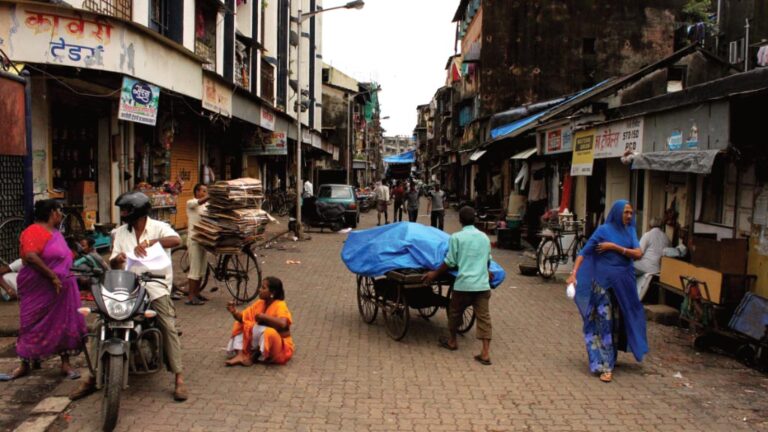
A cramped, narrow lane in Kamathipura, Mumbai. Photo: Jaideep Vaidya, Flickr
Av: Johanna Caminati Engström och Jonathan Wirths
In India, addressing sex trafficking remains a challenge. A study from 2013 found that four in five female sex workers in the country have been trafficked and forced into the industry. But what happens afterwards? What are the challenges for organisations that try to support sex workers who have been trafficked? Olga González, who has recently worked in one of Asia’s largest and oldest red light areas in Mumbai, answered our questions.
10 april, 2019, Article, English, Magazine

Statue depicting a mourning angel. Photo: Maggyona, Pixabay.
Av: Harmat Frigyes
More and more cases of sexual misconduct by Catholic officials against nuns are coming to light. As voices for equality within the world’s largest religious organization are getting louder than ever, the Catholic Church is once again in controversy.
10 april, 2019, Article, English, Magazine
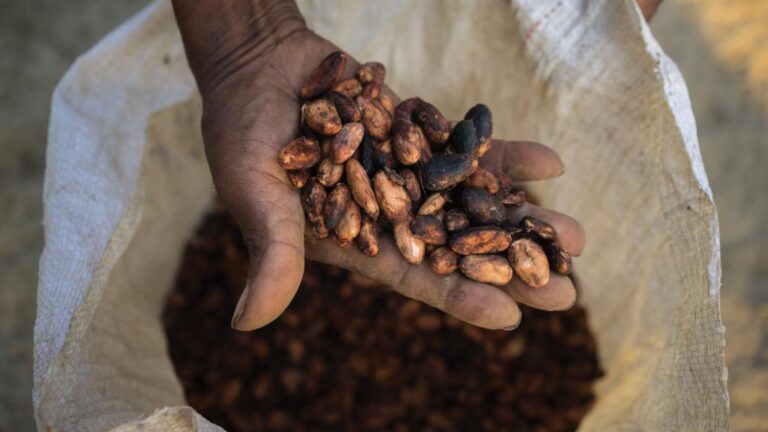
A worker holding cacao beans. Photo: Thomas Cristofoletti/USAID, Flickr.
Av: Carolina Yang och Kathrin Hegger
Slavery that holds the longest history in agriculture, has transformed into various forms, and is still part of our daily lives. Child labor, a reality in the cocoa production in Côte d’Ivoire, gives a bitter aftertaste to the joyful treat of chocolate.
9 april, 2019, Article, English, Magazine
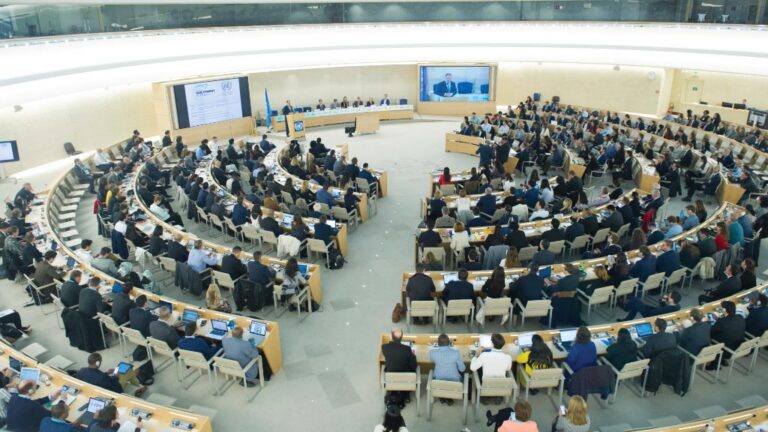
A “Blockchains for Sustainable Development” debate during the World Investment Forum 2018. Photo: Violaine Mart, UNCTAD.
Av: Vittorio Capici och Wooseong Kim
The incorruptible digital system of economic transactions known as Blockchain has climbed up governmental priorities in the Global South. Today, blockchain technology strives to solve fundamental public issues.
5 mars, 2019, Article, English, Magazine
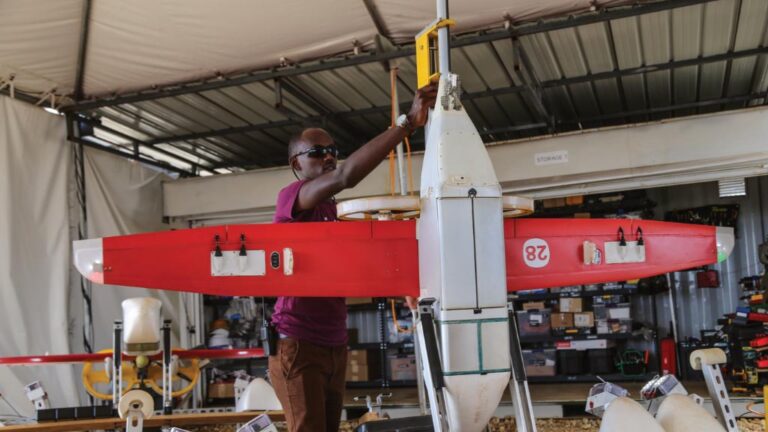
Rwanda is leading the way by being the first country to use drones on a national scale in health care. Now Ghana is following. Photo: World Bank Photo Collection, Flickr.
Av: Åsa Setterquist
Zipline, a US-based company, has been using drones to deliver medical supplies to health clinics and hospitals in remote areas in Rwanda since 2016. Now the project is to be implemented in Ghana.
5 mars, 2019, Article, English, Magazine
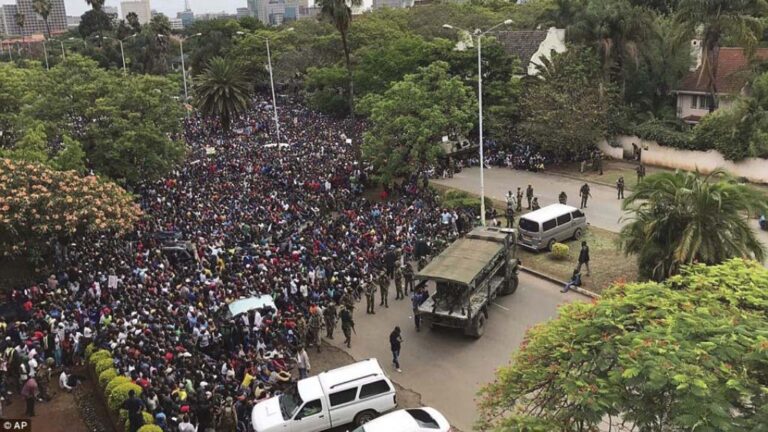
Zimbabweans from all walks of life in a solidarity march calling for president Robert Mugabe to step down in November 2017. Photo: Zimbabwean-Eyes, Flickr.
Av: FUF Lund
Shutting down the internet is one of the ways used by most governments across the African continent to silence opposing voices. However, citizens continue to use the internet to create awareness, organize and plan marches within and outside their countries. They have also come up with innovative ways of bypassing the shut-down.
5 mars, 2019, Article, English, Magazine
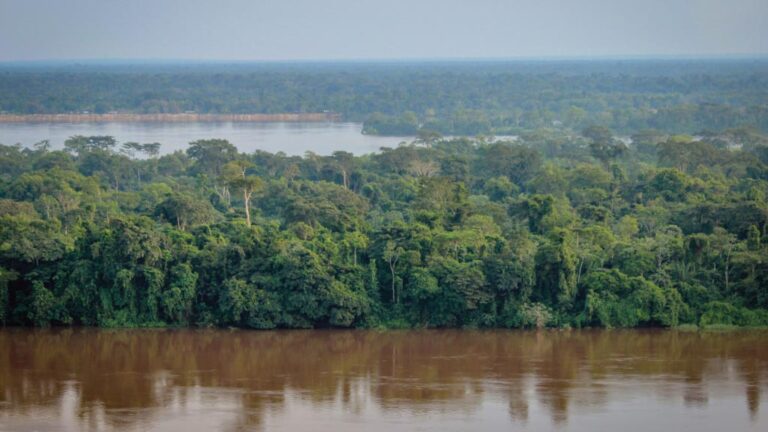
The Congo basin. Photo: Ahtziri Gonzalez, CIFOR
Av: Aida Esmailzadeh Davani, Erika Alm och Harmat Frigyes
What if 20 years’ worth of US fossil fuel emissions was released due to unsustainable land use? Exploiting the world’s largest tropical peatland, recently discovered in the Congo Basin, might turn this scenario into reality.
5 mars, 2019, Article, English, Magazine
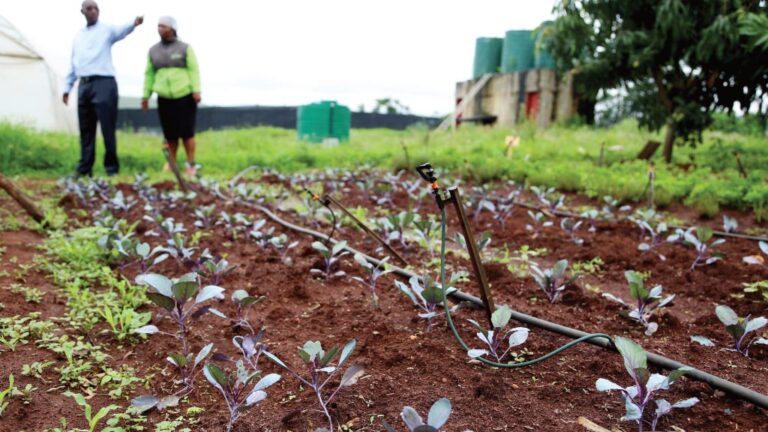
A demo plot for integrated farming established by Swaziland National Agricultural Marketing Board (NAMBOARD) in Manzini. Photo: Believe Nyakudjara, FAO in Southern Africa
Av: Carolina Yang
Innovation has been pinpointed as a crucial strategy to shift towards a sustainable food system in the EAT-Lancet Report released in January. Although agricultural innovation should not be limited to technology, it has without doubt had substantial impacts on our current food systems. Technology, however, is a double-edged sword, and should be properly evaluated prior to its application.
5 mars, 2019, Article, English, Magazine
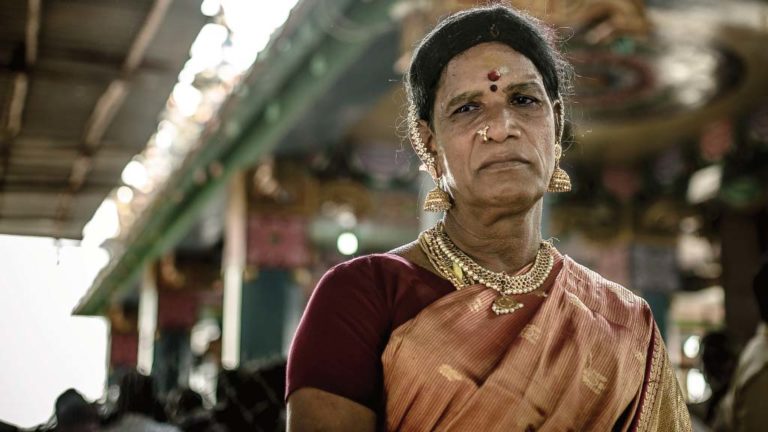
A hijra (term for individuals in South Asia who feel neither male or female) at the annual Transgender Festival in Koovagam, India, in 2017. Photo: Lingeswaran Marimuthukumar, Flickr.
Av: Hanna Geschewski och Lauren Tropeano
What happens if you don’t behave like your gender ‘should’? Examples from Native American, Indian and Iranian cultures highlight that gender is diverse, but that the acknowledgement of gender variance doesn’t necessarily make us inclusive.
10 december, 2018, Article, English, Magazine










